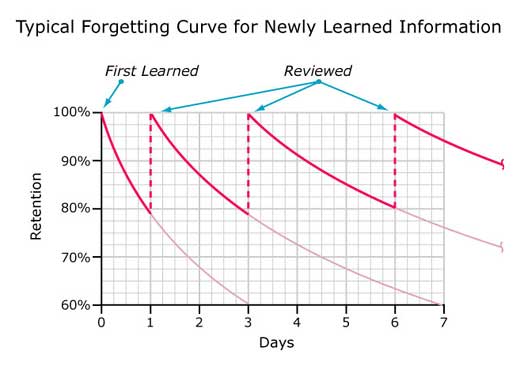Let’s save homework – and start doing it right
Homework has taken a lot of flack lately. Unduly so, I believe. There is a push – and even a hashtag, #ditchHW – to end the practice of teacher-prescribed homework for students. Most of those who oppose it cite either a lack of evidence for its effectiveness or a more pressing need for quality family time.
I totally sympathise with the argument for more family time. I love teaching. I love my students. I love reading about teaching methods and research and thinking about how I can improve my classroom. However, I value my family more. I genuinely look forward to arriving home to see my wife and three children. I love the conversations we have over dinner. I love waking up to them jumping in our bed in the morning. I get it. Family time is incredibly important for the development of my children, my marriage, and my happiness.
But I don't believe that homework, especially at the high school level, is bad or useless. In a recent Twitter conversation, former teacher Ken Sheck cited three purposes of homework:
- Practising procedures students have been thoroughly taught (maths homework to practise usage of formulas, for example).
- Retrieval practice of factual information students have been explicitly taught.
- Reading for background knowledge or extension of concepts or principles students have been explicitly taught.
I agree with Ken and can see a time and place for all of the above mentioned types of homework. Notice that in all three examples, homework is used as a review of material or procedures. I do not generally believe homework should be used to introduce new material to students. With my subject matter, psychology, students can become confused by new information and perhaps create incorrect beliefs about the material which then becomes difficult to unlearn.
I would like to propose another reason to not ditch homework: the habit-forming benefits it offers. I mostly teach students who will attend university in the next few years. They need to know how to study independently, and I don't mean independently in the classroom. Independently where there's no pressure from other students studying or not studying right beside them. They need to understand how it feels to have other, probably more fun, ways to spend their time but instead choose to work. It is naive to believe that if we expel homework from schools, students will somehow just figure out how to properly manage their time.
So what should homework look like? In my estimation, it should only be a way to practise procedures that have already been learned or to retrieve information from past class meetings. There is certainly a lot of evidence for this spaced practice (the opposite of cramming for an assessment) – it's the difference between studying for an assessment at home for four nights in 15-minute increments and studying for one hour the night before the test. Evidence shows that over time, multiple retrieval of information assists with retention of memories much better than the one time cram session.
Knowing this, I ask my students to take 10-20 minutes per night to review the information from that day. If there are particularly tricky bits of information from past lessons, I may ask them to have a look at that again. Looking back is better than nothing, but an easy way to amp up the benefits of spaced practice is to have students interact with the information. More focused cognitive effort used while studying or practising equals a greater level of retention. Attempting to answer questions or formulate a short essay requires much more cognitive effort than simply rereading or highlighting notes.
A very practical example of homework from my class includes 'pre-loading' the information for retrieval at home. Here are the simple steps:
- After a class, elicit a quick discussion with or among students to extrapolate the important terms and/or concepts from the lesson.
- Have students write these terms down on a piece of paper.
- At home, students should take out the piece of paper and write as much as they can about the terms; including a definition, but also how terms relate, how a concept operates or affects the environment, or even how these terms relate to past class material.
*This should be done with no outside assistance. No book. No notes. No peers. Just students using their brain to dump as much information as possible onto their paper.
That's it. This can easily be completed in 10-20 minutes. Have them bring the paper in the next day to class for a discussion and review of the material. There are a number of avenues that can be taken to revisit the material here. Maybe a discussion among fellow classmates to complete any forgotten vocabulary or perhaps provide particular prompts to assist students with priming their memories of the material. Point out, though, that although all information will be finished by the end of the activity, students only remember the material they completed without outside assistance from notes, textbook, and peers.
This homework helps with retention of material, which is of utmost important in school. It also helps students cultivate a healthy habit of what homework should be. For my students, particularly, I then ask them how easy an activity like this could be translated to their college classes. Most easily understand how it is easily adaptable. Unless we set up these opportunities for students to use proper learning strategies and practice homework, we are doing a disservice and leaving them ill-equipped for their futures. Homework is an important cog in the wheel of success at the university level. Ditching it would be a big mistake.
This is an edited version of a piece that first appeared on The Effortful Educator blog
Related Posts
Comments
By accepting you will be accessing a service provided by a third-party external to https://edcentral.uk/


